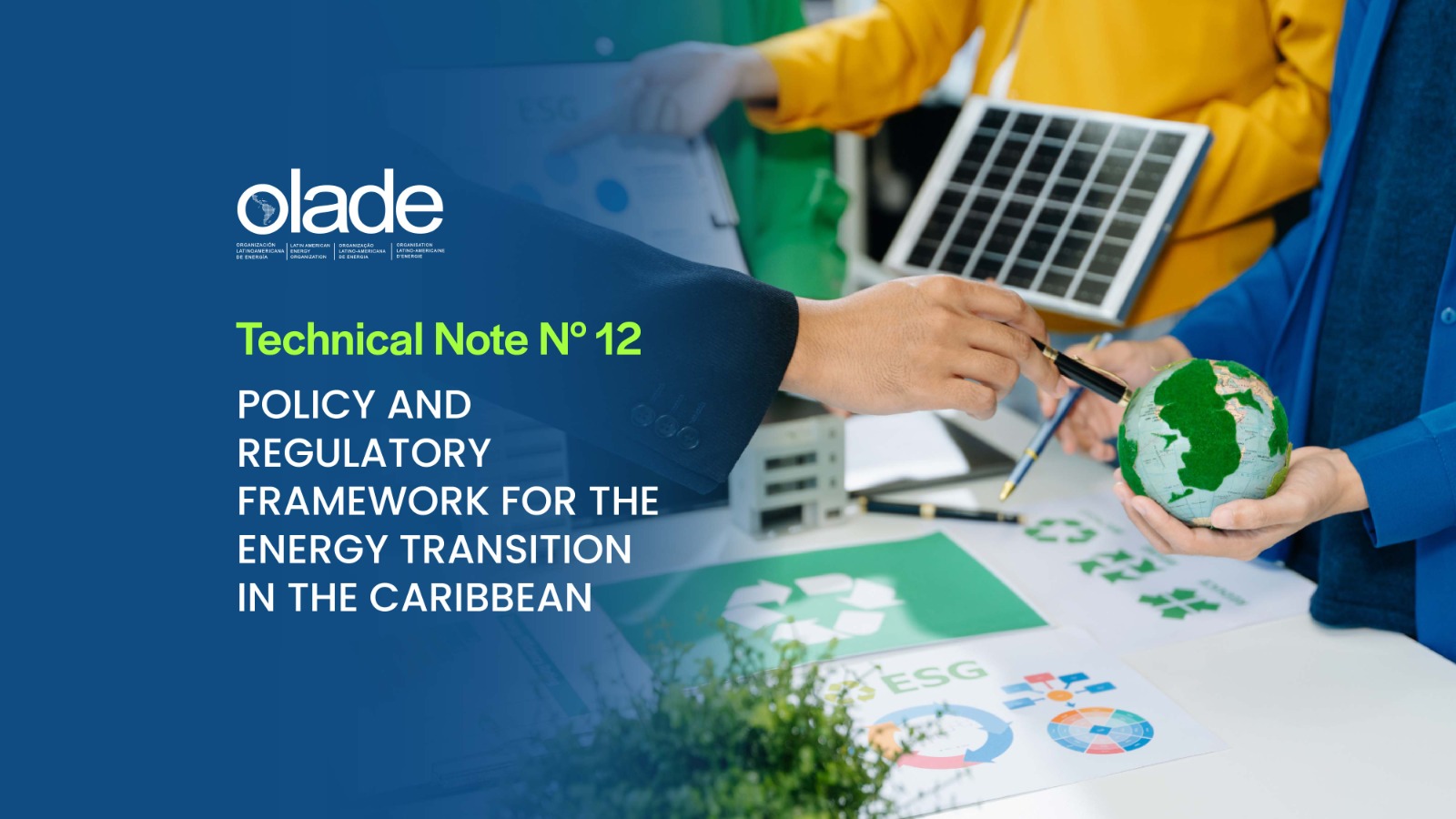New technologies such as BESS and pumped hydro storage are emerging as critical solutions to address the variability of renewable energy and ensure a continuous and sustainable electricity supply across the region.
The installed energy storage capacity in LAC currently reaches 2.5 GW.
The region is undergoing a rapid deployment of new power generation capacity based on non-conventional renewable sources primarily wind and solar that leverage its vast energy potential. However, these technologies face challenges associated with their variability, as they only generate electricity when wind or solar radiation is available. In this context, energy storage becomes a vital alternative, enabling energy to be stored when supply exceeds demand and released when it is most needed, thereby ensuring a reliable, efficient, and sustainable power supply.
The 10th Technical Note published by the Latin American Energy Organization (OLADE), “Energy Storage in Latin America and the Caribbean”, presents a detailed analysis of key storage technologies, highlighting their principles, applications, advantages, costs, and maturity levels.
BESS (Battery Energy Storage Systems) are the most widely adopted in the region due to their modularity, advanced technological development, and steadily declining costs. Pumped hydro storage, while more efficient, requires specific geographic conditions and high capital investment, which has limited its development in the region. Emerging technologies such as thermal, flywheel, or gravitational storage show significant potential but still require further advancement. Special mention is given to low-emission hydrogen and ammonia, whose potential in LAC is generating high expectations.
The document emphasizes that, apart from countries like Chile, Brazil, and Mexico particularly Chile, which is seeing a very rapid uptake of storage due to its unique conditions there are significant limitations throughout the region.
It also examines the main challenges facing energy storage in LAC, especially in terms of regulation and policy, and proposes strategies to foster its development. These include the creation of specific policies, investment incentives, strengthening of research and local value chains, promotion of public-private partnerships, and support for distributed storage and microgrids, particularly in rural and island areas.
Given the diverse characteristics of power systems in the region, the document underscores the importance of conducting technical and economic studies to accurately identify each country’s specific storage capacity needs.
Energy storage, beyond serving as technical support for renewables, must be regarded as a strategic tool to advance the energy transition, ensure supply security, and optimize the use of the region’s energy resources.
🔗 Read the full Technical Note here:
https://www.olade.org/publicaciones/nota-tecnica-n-10-almacenamiento-de-energia-en-america-latina-y-el-caribe-estado-actual-desafios-y-recomendaciones-estrategicas/





